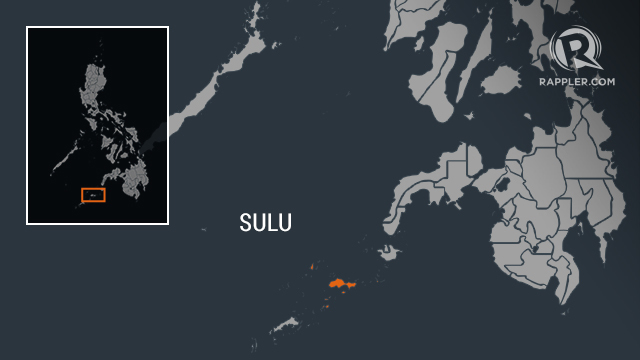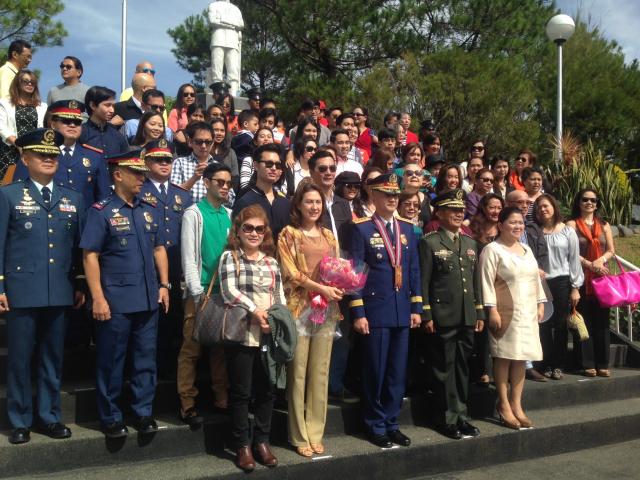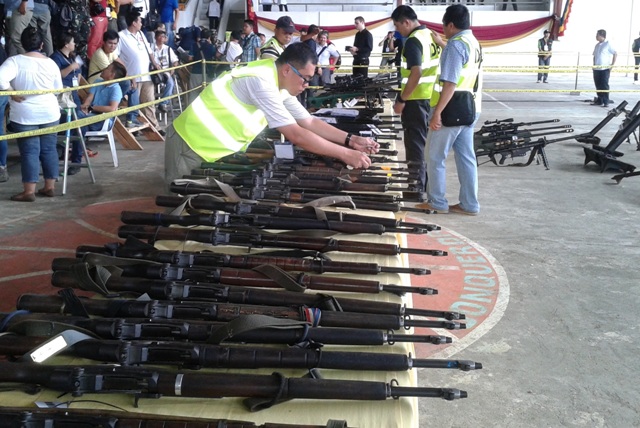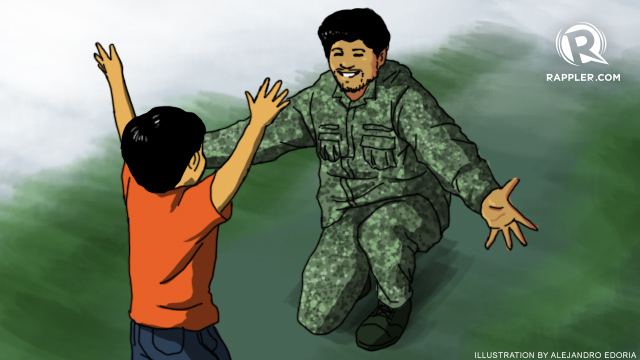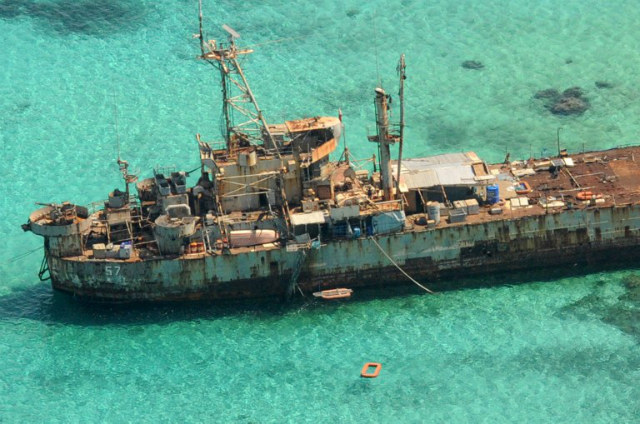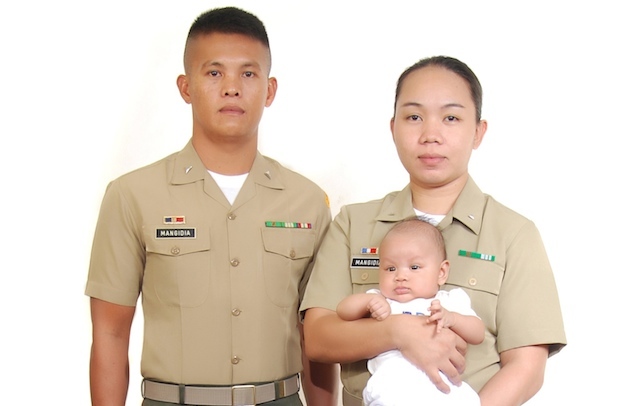'It was not American soldiers who made the most transforming impact on the war zones of the southern Philippines; it was their civilian counterparts who had brought about these profound positive changes'
In the March 30, 2011 issue of USA Today, Jim Michaels wrote a special report about his time with US Special Forces working with Philippine troops in Basilan island in the Sulu archipelago, southwest of the country’s second largest island, Mindanao. The area had been tagged by the Bush administration as the “second front on the war on terror,” and Michaels was sent by his newspaper to check on whether reports about Filipino-American success against the local terrorist group, the Abu Sayyaf, were indeed accurate.
He opened his piece with a reminder to his readers of the Philippines’ (and Mindanao-Sulu’s) strategic significance: “Though not widely known, the Philippines was once threatened to become an epicenter of al Qaeda. In the 1990s, before Osama bin Laden became a household name in America, top al-Qaeda leaders such as September 11 mastermind Khalid Sheikh Mohammed were in this Pacific island chain developing ambitious plans to strike at America and the West.”
He then explained what has happened since the Special Forces established their working relationship with the Armed Forces of the Philippines (AFP): “[T]he small U.S. contingent [gave] the Philippine military the tools and know-how to decimate Abu Sayyaf on its own…at minimal cost in lives and dollars.”
The report said only 17 American soldiers had died since the program was implemented (3 in bombings, the rest from a helicopter crash). In contrast, the Abu Sayyaf had been decimated from a force of 1,200 in 2001, to only about 400, and 28 of its leaders had been either killed or captured.
And while American taxpayers were shelling out $2 billion dollars a week in Afghanistan, the costs of the Philippine operations had been a minimal $50 million per year. When Michaels asked Brigadier-General Edward Reeder, commander of the Army’s Special Operations Command at Fort Bragg about this, the latter replied: “Nobody understands it better than the soldiers that have experience in the Philippines….They understand counterinsurgency. Is it a future model for counterinsurgencies? Absolutely!”
Yet what Michael did not tell us was how constricted this site of US combat operations was. While some US Special Forces units were based in Mindanao, most were concentrated in Basilan, a dense, forested, sparsely populated island half the size of Rhode Island. And it was a threat that appeared to be already under control with the 400 remaining Abu Sayyaf members hardly the same force that proclaimed a jihad against the Philippine state in the early 1990s. In fact, the real and serious threats to the Philippine state could be found in the larger, better armed insurgent groups operating in the larger Mindanao island: the MILF, with a 14,000-strong armed force, which once dreamt of fighting to separate Mindanao and Sulu from the national body politic; and the Communist Party of the Philippines and its New People’s Army (8,000-strong nationwide) with its illusions of replicating Mao Tse Tung’s dream in the Philippines.
These two “movements” had accumulated enough military and political experience in their long-drawn wars against the AFP, and possessed the capacity to undermine Philippine security in the long run. But the US – both for diplomatic and political reasons – had kept its forces away from being actively involved in dealing with these insurgencies. In the tail end of Michael’s report, he mentioned the United States Agency for International Development (USAID) and its $100-million support “to boost the Philippine economy and build government institutions…in the Muslim-dominated southern Philippines…have quietly thwarted al-Qaeda’s intention of gaining a foothold in Asia.”
How exactly USAID did this, Michaels did not elaborate to readers: the successful adventures of men with guns proved to be more exciting to an American audience weary of stories of failure in Afghanistan and Iraq.
Michaels made it appear that the agency was only playing second fiddle to the military’s civic action programs. This was slightly disingenuous on the journalist’s part. In fact, it was not American soldiers who made the most transforming impact on the war zones of the southern Philippines (both Basilan and Mindanao); it was their civilian counterparts who had brought about these profound positive changes.
Almost a decade before the General David Petreaus’ approach to counter-insurgency became the official doctrine for America’s wars abroad, USAID was demobilizing insurgents and preventing them from returning to the battlefields, in limiting the ability of other insurgent groups to expand their areas of operations and spheres of influence, and, most important of all, in catalyzing some development in “unstable” Muslim Mindanao.
If you explore USAID’s livelihood rehabilitation program that was established to assist former combatants of the MNLF in returning to “civilian life” and getting themselves back into productive activity, it actually worked and continues to work out rather well.

This is the first part of an abridged report I wrote as a fellow at Washington DC’s Woodrow Wilson International Center for Scholars. The proposal I submitted and was approved was to try to figure out why 70% of Filipino Muslims support the presence of US troops in Mindanao. This was an anomaly that puzzled my hosts, given that by 2010, they were already so used to forum after forum, op-ed piece after op-ed piece that tried to explain why the American adventure in Iraq was a dismal failure. And here, in Mindanao, was a $40-million successful project in contrast to the billions of dollars wasted on Iraqi state building
http://www.rappler.com/thought-leaders/96888-abinales-mindanao-rehabilitation-lessons

